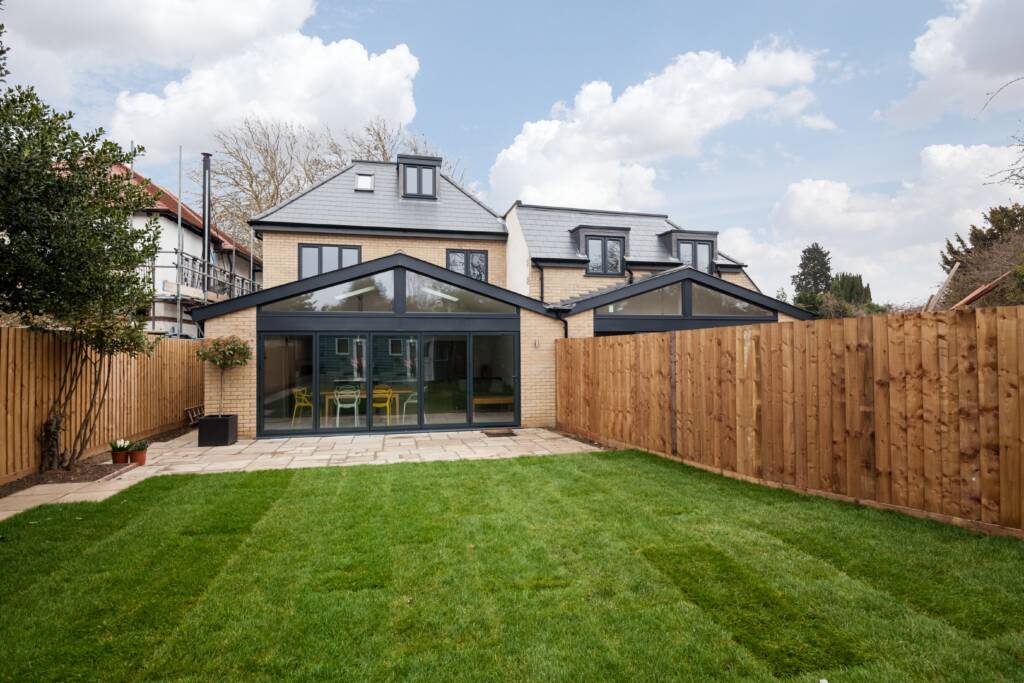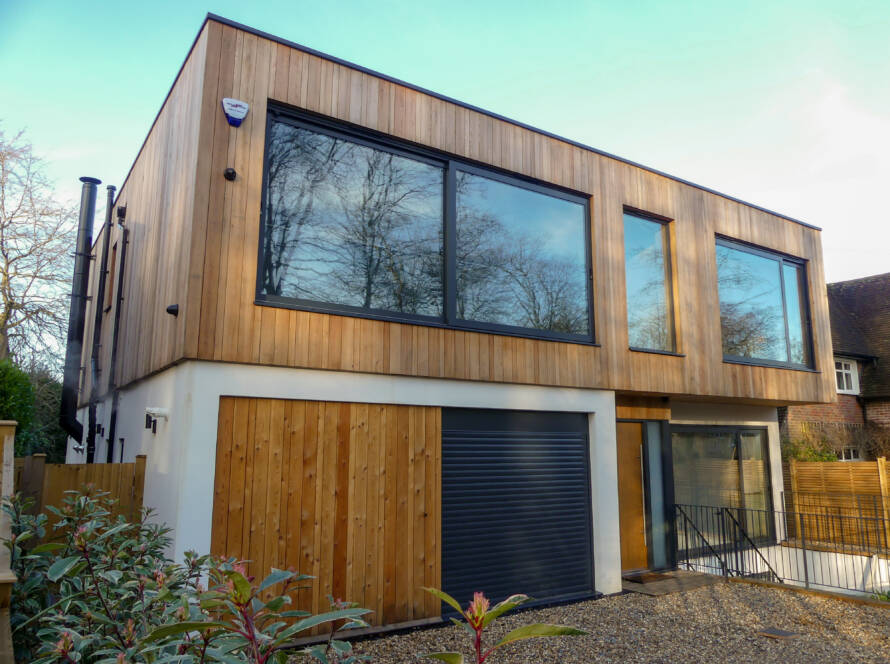
Here Are 7 Things You Should Reflect On
Planning a home extension is an exciting endeavor that can transform your living space, enhance functionality, and add value to your property. However, it requires careful consideration and strategic planning to ensure a successful outcome. In this blog post, we will explore the key factors to consider when planning a home extension, helping you make informed decisions and create the home of your dreams.
Purpose and Goals:
Before embarking on a home extension project, clearly define the purpose and goals of the extension. Are you looking to create additional living space, add a new room, or accommodate specific needs such as a home office or a playroom? Understanding your objectives will guide the design and layout of the extension and ensure it aligns with your vision.
Budget:
Establishing a realistic budget is essential for a successful home extension project. Consider not only the construction costs but also any additional expenses such as permits, architectural fees, and furnishings. Research and consult with professionals to estimate the overall cost and ensure that your budget aligns with your desired outcome.
Planning and Permits:
Familiarise yourself with local planning regulations and obtain the necessary permits and approvals before commencing your home extension. Check if there are any restrictions on the size, height, or design of the extension, and ensure compliance with building codes and zoning requirements. Engaging with a professional architect or designer can help navigate these regulations and streamline the planning process.
Design and Layout:
The design and layout of your home extension should harmonize with the existing structure and meet your functional needs. Consider the flow of space, natural light, ventilation, and how the extension will integrate with the rest of your home. Collaborating with an experienced architect or designer will help you create a cohesive design that maximizes the potential of your extension.
Timeframe and Disruption:
Home extensions require time for planning, design, obtaining permits, construction, and finishing. Consider the timeframe for the project and its potential impact on your daily life. Discuss the construction schedule with your contractor and make necessary arrangements to minimise disruption during the building phase.
Professional Expertise:
Engaging the expertise of professionals such as architects, contractors, and interior designers is vital for a successful home extension. Their knowledge and experience will ensure that your project is executed efficiently, adheres to regulations, and meets your expectations. Research and choose reputable professionals who have a proven track record in delivering quality extensions.
Future Considerations:
When planning a home extension, think about your long-term goals and how the extension will meet your future needs. Consider factors such as potential changes in family size, aging in place, or resale value. Designing the extension with flexibility in mind will allow for adaptations in the future, ensuring its long-term relevance and functionality.
Conclusion:
Planning a home extension requires thoughtful consideration of various factors to ensure a successful outcome. By clearly defining your purpose, setting a realistic budget, obtaining the necessary permits, collaborating with professionals, and considering future needs, you can create a home extension that enhances your living space, functionality, and overall enjoyment of your property. With careful planning and expert guidance, your home extension project can be a rewarding and transformative experience.



